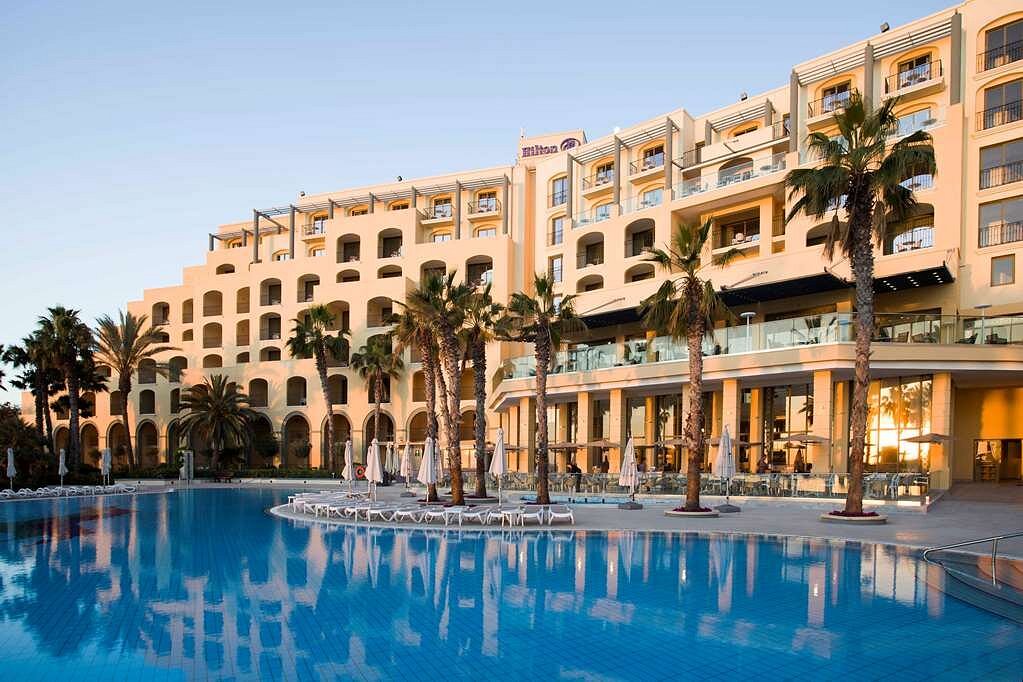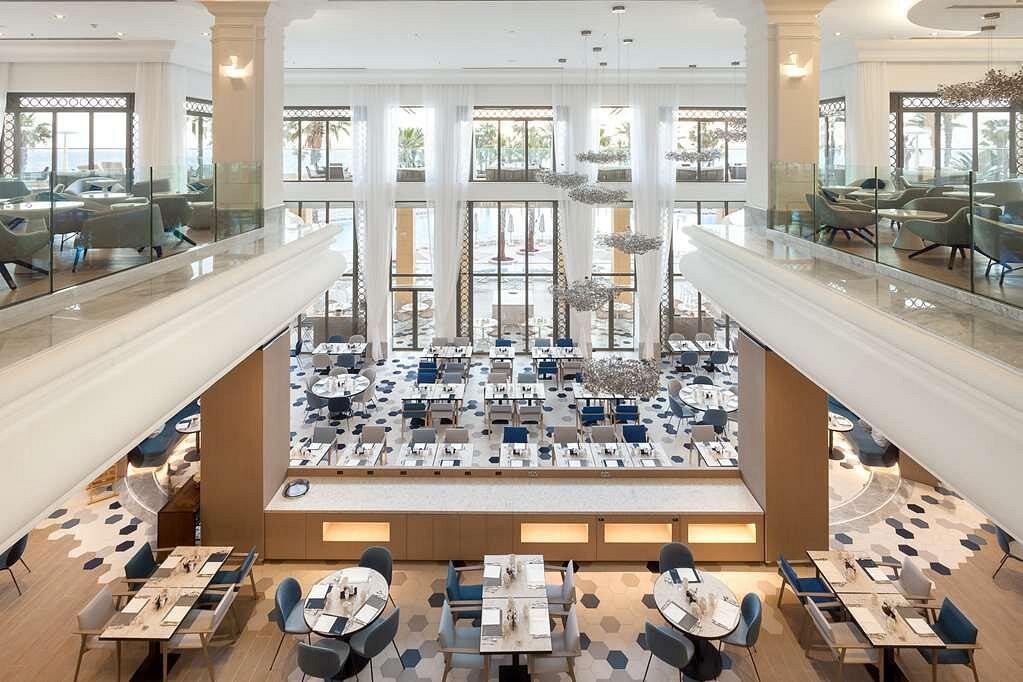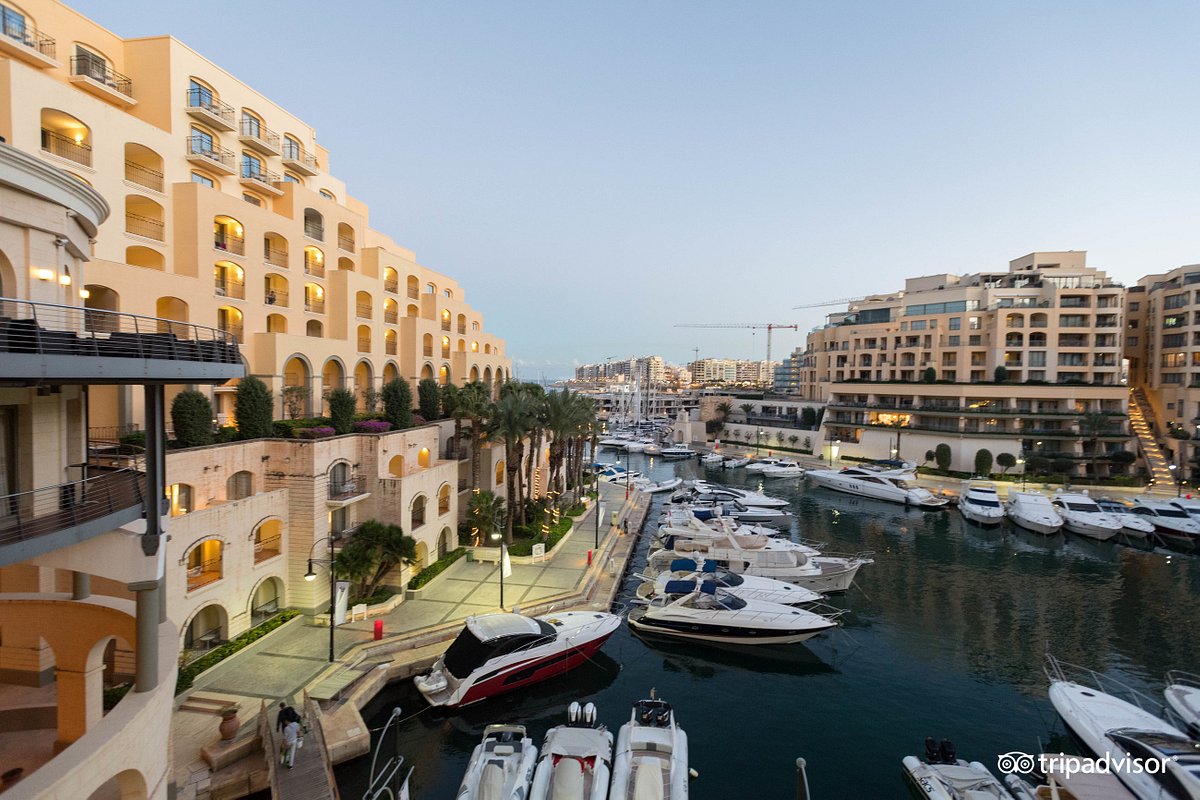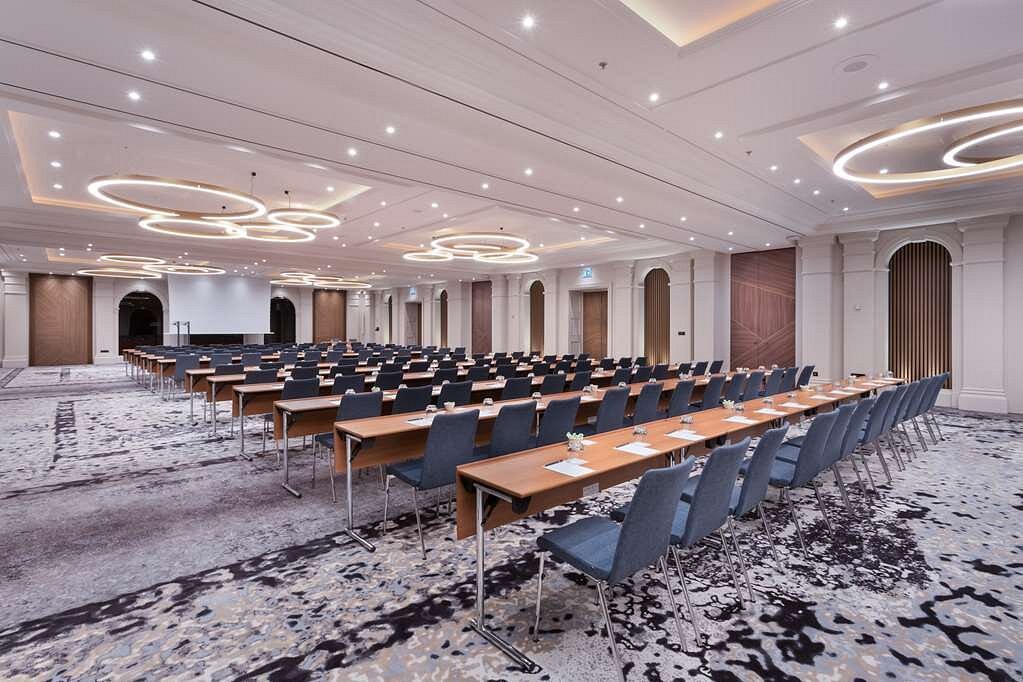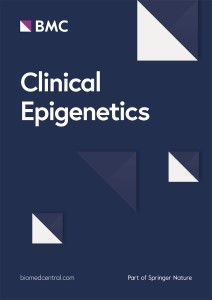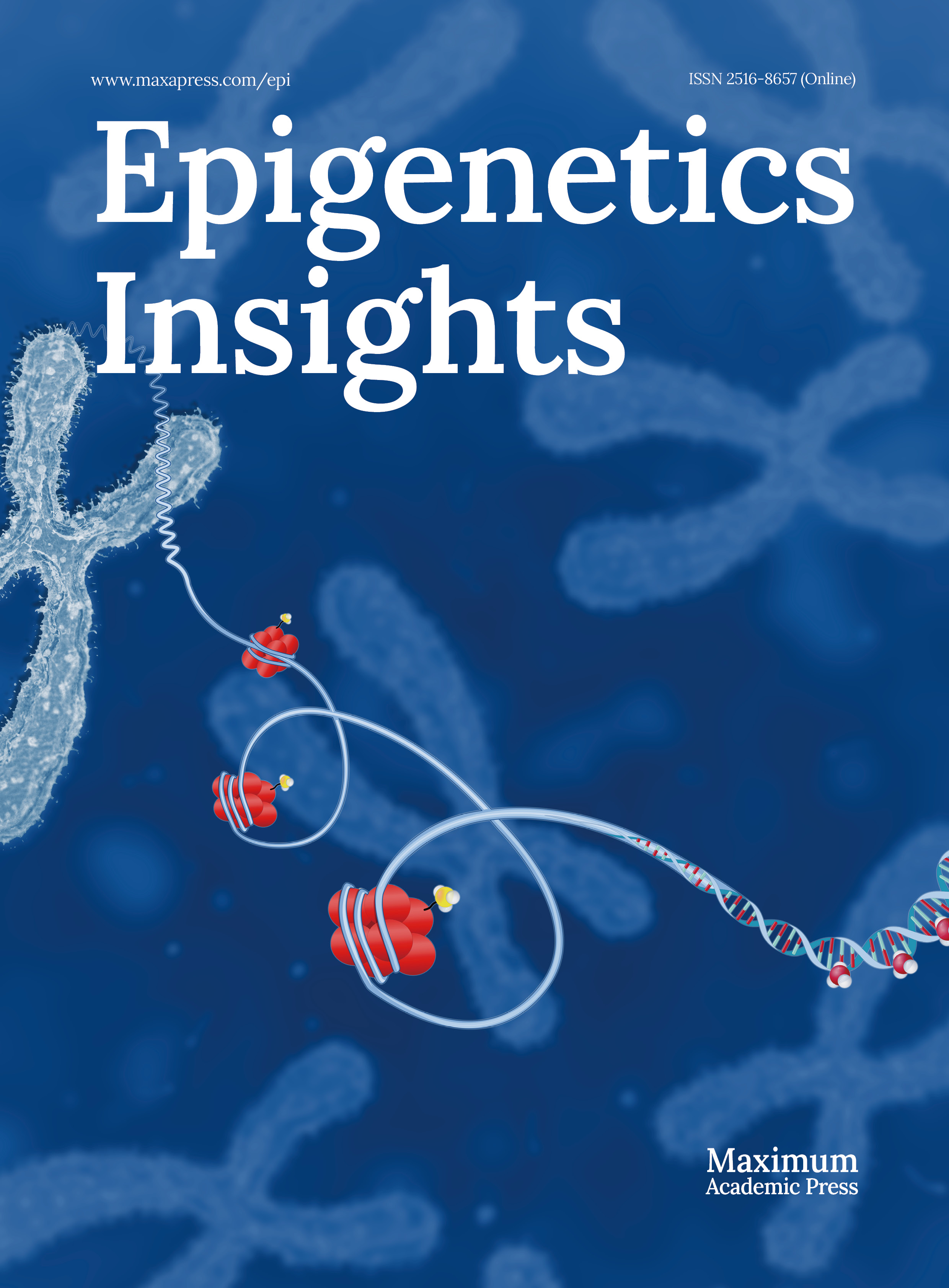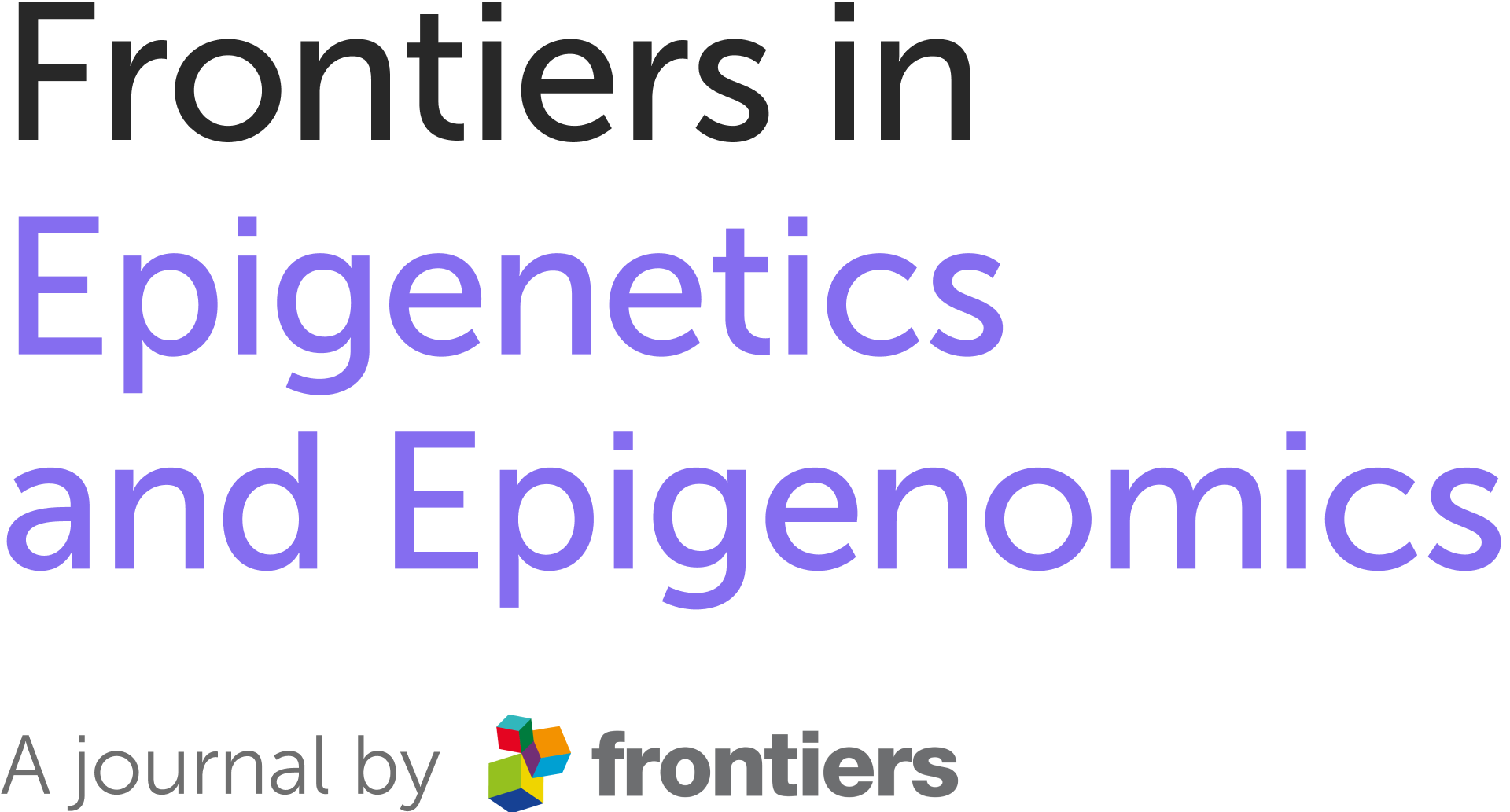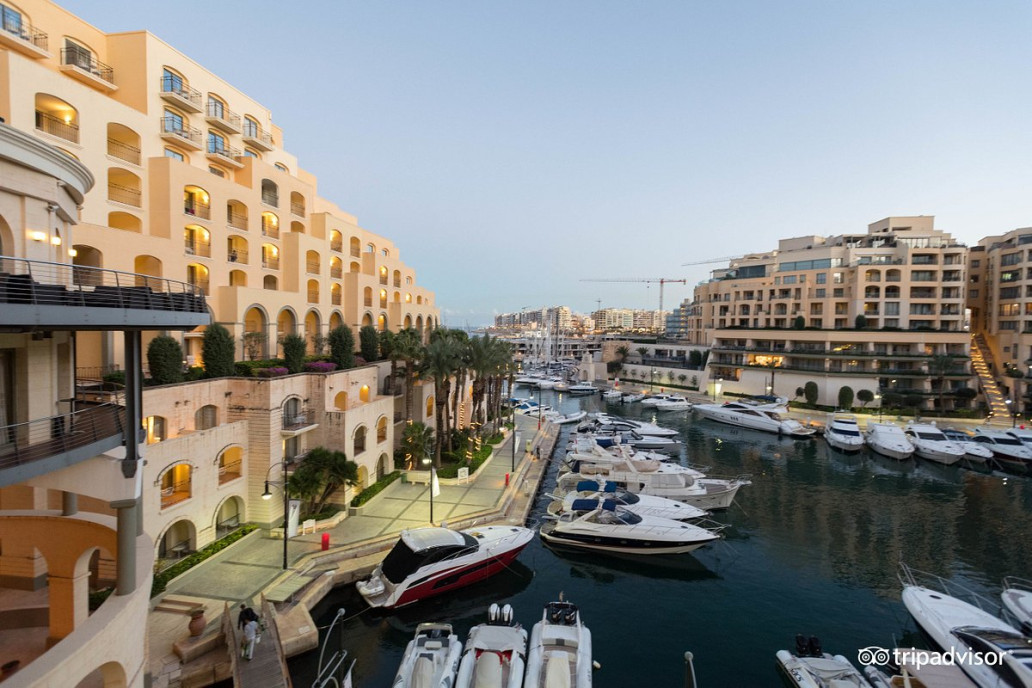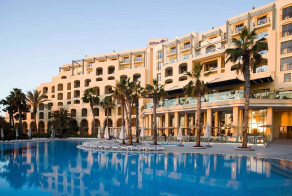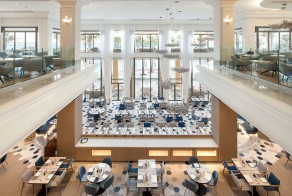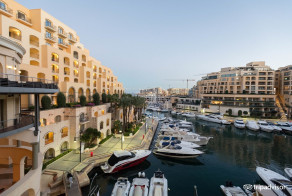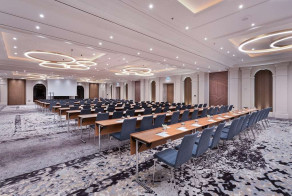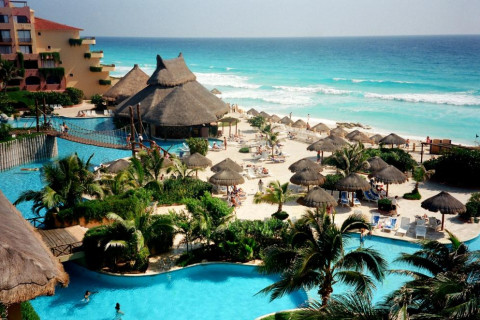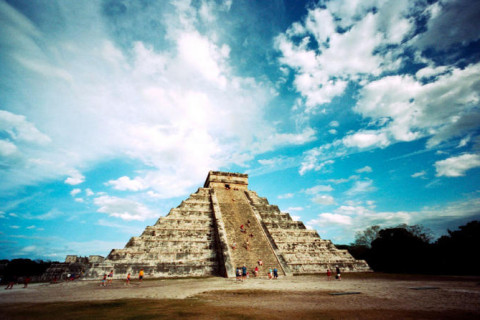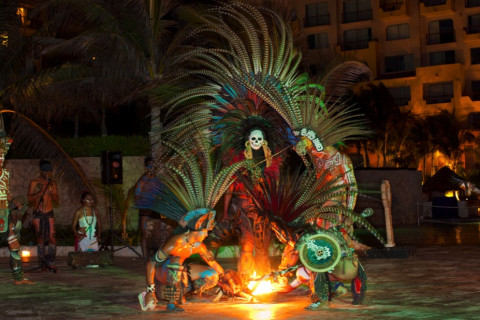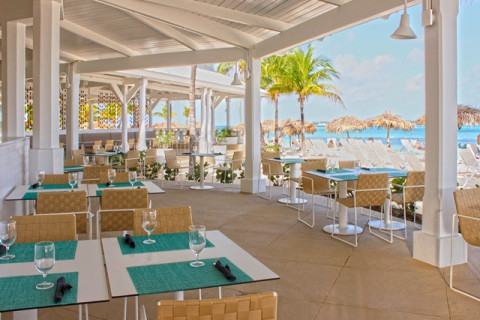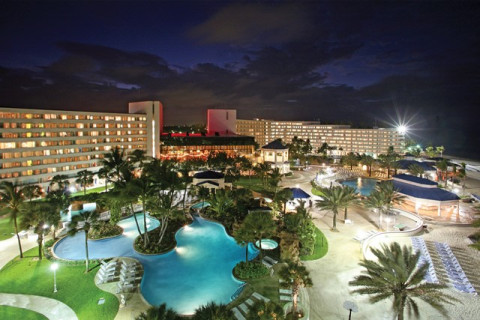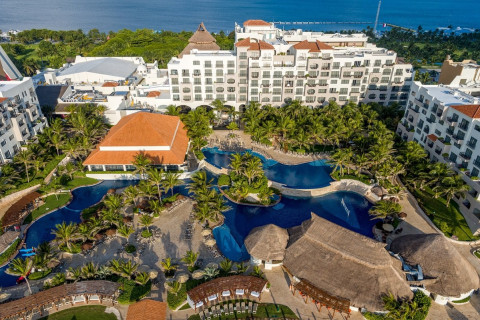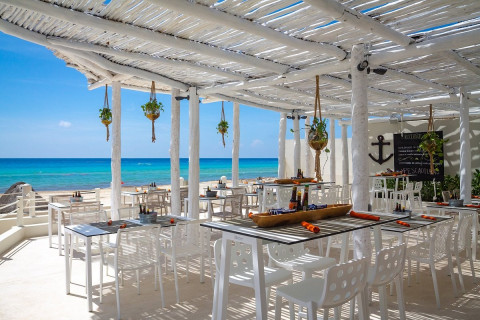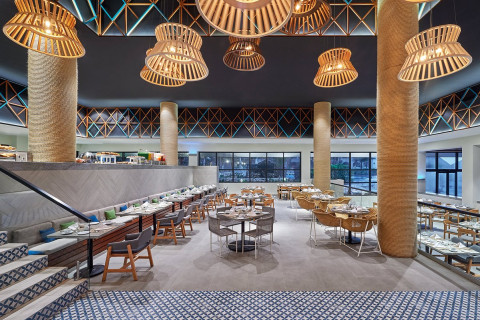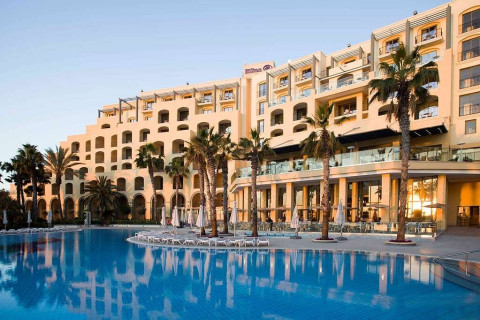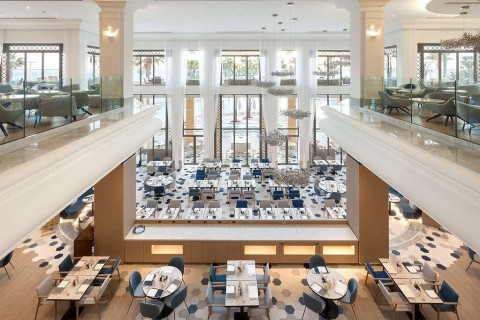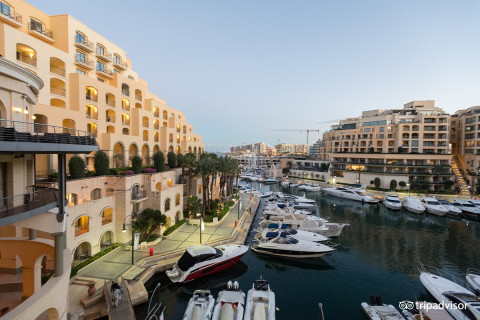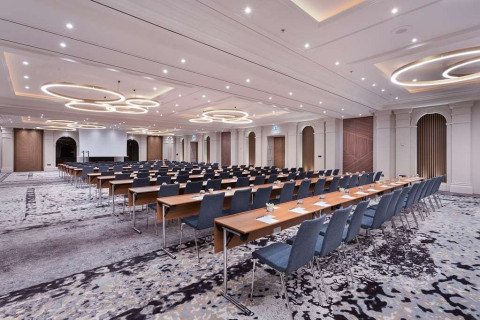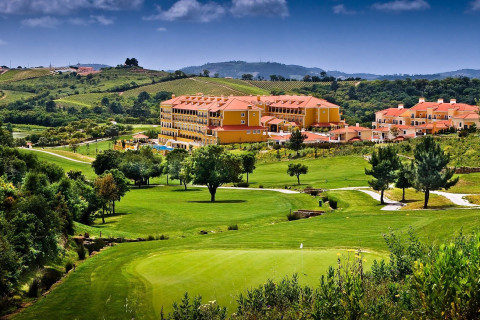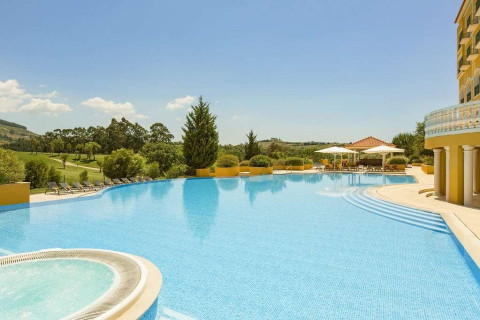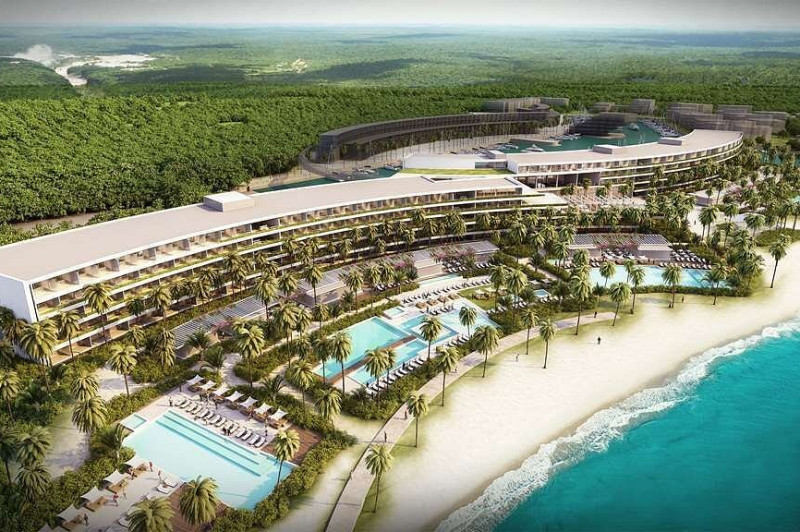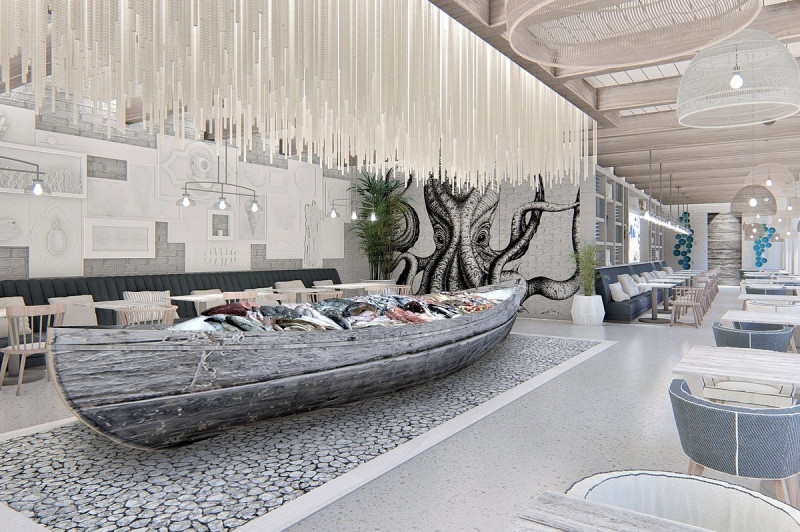- Home
- Past Conferences
- 4th Epigenetics Conference
4th Epigenetics Conference
From Mechanisms to Disease #Epigen24
10 Oct - 13 Oct 2024
St. Julians, Malta
-
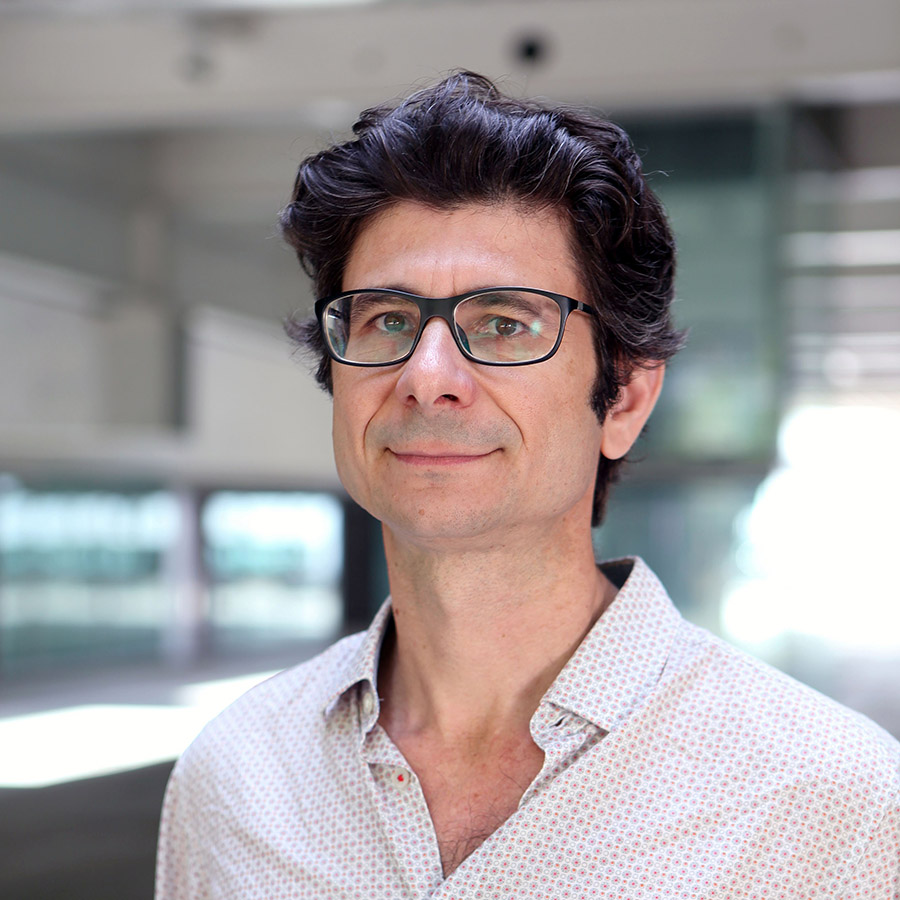
Luciano Di Croce
Centre for Genomic Regulation
-
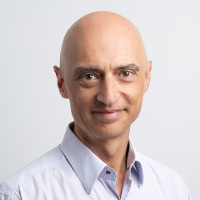
Giacomo Cavalli
Institute of Human Genetics
Early Bird - Expired • Talk Submission - Expired • Poster Submission - Expired • Registration & Payment Deadline - Expired
Report
The 4th Epigenetics conference was held at the Hilton Malta, St. Julians, Malta, from 10 - 13 October 2024. There were 56 registrations and, concerning the geographical breakdown of participants, 48% came from European countries, 32% from the US, 20% from countries from the rest of the world. Concerning the career status of the participants, 24% are students, 69% are academics, and 7% have positions in industry.
The 4th meeting on “Epigenetics, From Mechanisms to Disease” gathered an outstanding mix of young scientists, junior and established principal investigators with interdisciplinary expertise in many fields related to epigenetics. The 37 talks were of outstanding quality and presented a broad spectrum of topics united by the general aim of understanding life in healthy conditions, upon aging and during onset and progression of diseases such as neurodegenerative diseases but also neurodevelopmental syndromes as well as pediatric and adult cancers. Very lively poster sessions were attended by all participants, including junior and senior PIs, and three poster prizes were awarded, including one awarded from the ‘EMBO Molecular Medicine’ journal.
As an outcome, we learnt a great deal about transcription regulation, the role of chromatin components such as chromatin remodelers, histone modifiers, readers, Polycomb and heterochromatin, as well as the role of noncoding RNAs. The approaches ranged from in vitro systems and biochemistry, to molecular, cell and developmental biology of model and non-model organisms, including sophisticated in vitro cell differentiation approaches and organoid culture models and reaching all the way to patient samples. The discussion sessions were extremely lively, so much so that session chairs had frequently to stop people asking for the sake of time. They frequently challenged the dogmas in a constructive and creative way, particularly concerning the role of Polycomb proteins in gene regulation and in cancer and the role of epigenetic modifications versus mutations in the process of tumorigenesis. Very promising avenues for a next generation of molecules, including protein degrader molecules that are stirring a huge interest in the pharma industry, were also presented and discussed. It is important to note that very often questions were made from young scientists, which indicate that we succeeded in generating an informal and friendly atmosphere throughout the meeting. Finally, short talks selected from abstracts were considered by many participants to be of an excellent level, not only for the quality and novelty of data discussed but also for the overall presentation.
The meeting also included a brainstorming session, where many participants at all levels of age and responsibility proposed topics that might be included in future meetings and suggested ways to boost participant’s interactions and collaborations even more. Many of the participants expressed their excitement and gratitude for the quality of the meeting and its unique atmosphere blending excellence to good spirit! They clearly gave us the feeling that they had been in for a treat!
The workshop format with a limited number of participants, a dense program with a good amount of time left to informal interactions is perfect and unique. Only some other workshops match this, while all other conferences are less exciting due to either the fact that they are too large, making participant interactions very difficult, particularly between young and more established scientists (both categories of attendants tend to stay with their peers rather than reaching out to the other one), or to the fact that only few of the famous established scientists attend small workshops, they tend to attend big conferences instead. Fortunately, this was not at all the case at our meeting, which had spectacularly invited speakers intermingling with young, motivated scientists with many fresh and forward-looking ideas. This format also allows us to share many unpublished data, which is rarely seen in other larger meetings.
The location and venue were very pleasant and contributed to the success of the meeting. The sea is stunning and the style of the venue casual but very comfortable. Food was also generally good, although it could be improved if discussed with the Hotel manager.
As a final note, this success is not only that of the participants’ engagement, but equally that of the great Fusion crew and of the excellent venue they have picked. Congratulations Fusion, the epigenetic community is already looking forward to the next chance!
Conference Chairs, Giacomo CAVALLI (Institute of Human Genetics) and Luciano DI CROCE (Centre for Genomic Regulation)
Synopsis
Chromatin is the template of life, the carrier of genetic information and the core regulator of fundamental processes such as gene expression and stem cell fate determination. Chromatin dysfunction on the other hand can trigger various diseases, including cancer. Although chromatin structure and function and the mechanisms of disease and their diagnostic and therapeutic approaches are the subject of many meetings, conferences bringing them together are less frequent. The boundaries among these various disciplines are disappearing and meeting on "Epigenetics: from mechanisms to disease" will focus on the discussion of the role of chromatin architecture, epigenetics, stem and single cell biology in cancer and other diseases. The talks will cover a broad range of topics, including chromosome organisation, long-range interactions, chromatin assembly, stem cell regulation/differentiation, RNA-based mechanisms, transcription regulation, DNA methylation and hydroxymethylation, exploiting the power of genome engineering technologies, single-cell approaches, cutting edge epigenomics and imaging approaches and novel cell systems such as organoids.
Speakers have been selected to broadly reflect lessons learned from a variety of model organisms and experimental approaches. Young scientists will take center stage, presenting their work through a large number of talks selected from submitted abstracts as well as through poster presentation. The program has also allocated ample time for exchanging ideas and discussing novel hypotheses at the end of each session, as well as time for informal interactions and networking.
Confirmed Invited Speakers
Genevieve Almouzni (Institut Curie)
HISTONE VARIANTS AND THEIR PARTNERS SHAPING CHROMATIN AND CELL FATE
Salvador Aznar-Benitah (IRB Barcelona)
INTRAGENERATIONAL EPIGENETIC INFLUENCE OF FATTY ACIDS ON LIVER DISEASE AND CANCER
Adrian Bracken (Trinity College Dublin)
POLYCOMB REPRESSIVE COMPLEXES IN DEVELOPMENT AND CANCER
Anne Brunet (Stanford University)
SPATIOTEMPORAL TRANSCRIPTOMIC PROFILING AT SINGLE-CELL RESOLUTION IDENTIFIES CELL PROXIMITY EFFECTS OF AGING AND REJUVENATION
Ian Chambers (University of Edinburgh)
TRANSCRIPTION FACTOR CONTROL OF IDENTITY IN PLURIPOTENT AND GERMLINE CELLS
Danette Daniels (Foghorn Therapeutics)
TARGETING CHROMATIN REGULATORY PROTEINS AND DISEASE WITH THERAPEUTIC DEGRADERS
Yael David (Sloan Kettering Institute)
THINKING OUTSIDE THE CHROMOSOME: INTERROGATING EPIGENETIC MECHANISMS IN NONCANONICAL CHROMATIN SPECIES
Francois Fuks (Université Libre de Bruxelles)
RNA MODIFICATIONS IN HEALTH AND DISEASE
Meritxell Huch (Max Planck Institute of Molecular Cell Biology and Genetics)
LIVER ORGANOIDS TO STUDY EPIGENETIC MECHANISMS OF REGENERATION AND CANCER
Tony Kouzarides (Gurdon Institute)
RNA MODIFICATIONS PATHWAYS IN CANCER
Rob Martienssen (Cold Spring Harbour Laboratory)
CHROMATIN REMODELING OF HISTONE H3 VARIANTS BY DDM1HELLS UNDERLIES EPIGENETIC INHERITANCE AND CENTROMERE FUNCTION
Lluis Morey (Sylvester Comprehensive Cancer Center)
ROLE OF POLYCOMB PROTEINS IN CANCER AND DEVELOPMENT
Vera Pancaldi (Inserm Cancer Research Center of Toulouse)
STUDYING CHROMATIN ORGANISATION IN DIFFERENTIATION AND CANCER: AN EVOLUTIONARY PERSPECTIVE
Danny Reinberg (University of Miami)
EPIGENETICS AND INHERITANCE
Yang Shi (Ludwig Cancer Research)
CHROMATIN REGULATION AND HUMAN DISEASES
Ramin Shiekhattar (Sylvester Comprehensive Cancer Center)
INTEGRATOR COMPLEX IN HEALTH AND DISEASE
Ali Shilatifard (Northwestern University)
EPIGENETIC REGULATION OF GENE EXPRESSION IN DEVELOPMENT AND DISEASE
Maria-Elena Torres-Padilla (Helmholtz Zentrum München)
EPIGENETIC MECHANISMS OF CELLULAR PLASTICIY AND REPROGRAMMING TO TOTIPOTENCY
Roser Vento-Tormo (Wellcome Sanger Institute)
AN INTEGRATED SINGLE-CELL MULTIOMICS MAP OF HUMAN BONE MARROW ACROSS ITS LIFESPAN
Ashley Webb (Buck Institute)
EPIGENETIC MECHANISMS UNDERLYING SEX DIFFERENCES IN BRAIN AGING
Student Offer
Take advantage of this fantastic opportunity for students! Fully paying ‘single’ or ‘shared’ registrants can bring a student for only €990. Unfortunately, Postdocs are not eligible for this offer. Both registration packages include; accommodation for the 10, 11, 12 October 2024 (on a shared basis for students) and a food and beverage package for the conference period. Once registered, please contact Rosie Johnson to obtain a special registration link for your student.
Educational Need
The strong educational asset of this workshops is to enhance communication between junior and senior investigators. In particular, we are paying a strong attention towards fostering the chance for young scientists to present their work through a large number of short talks selected from submitted abstracts as well as through poster presentation. We allocated ample time for exchanging ideas and discussing novel hypothesis at the end of each session, as well as for informal interactions and networking. A career and Diversity, Equity and Inclusion round table will also be organized during the meeting.
Target Audience
This conference will be an ideal setting for PhD students, post-doc and group leaders working in the field of chromatin architecture, epigenetics, stem cell biology, single-cell biology, organoids and cancer. Scientists active in R&D of small, medium and big pharma or biotech companies will find an exciting new set of inputs and an interactive forum for exchange with academia.
Confirmed Speakers
Chairs

Luciano Di Croce
Centre for Genomic Regulation

Giacomo Cavalli
Institute of Human Genetics
Invited Speakers
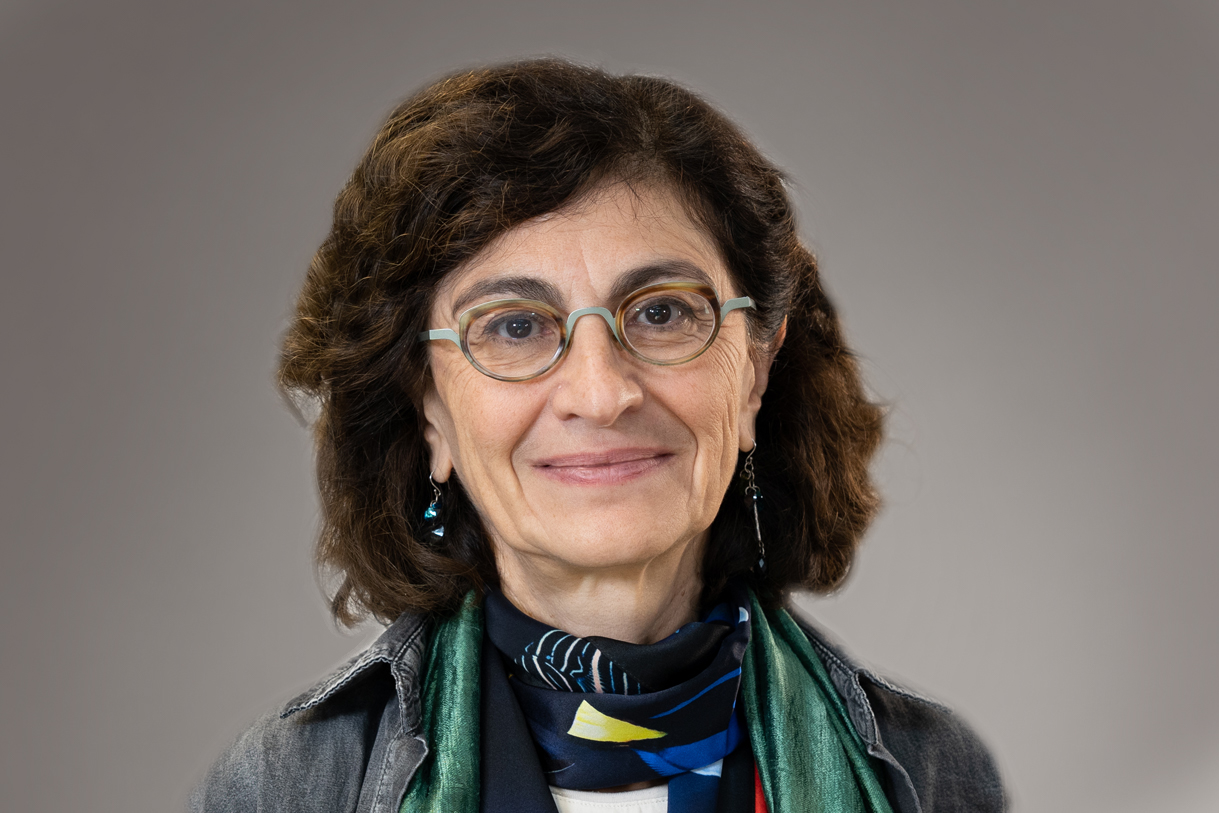
Genevieve Almouzni
Institut Curie
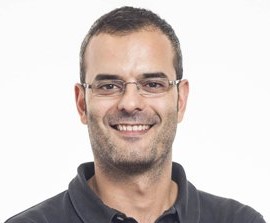
Salvador Aznar-Benitah
IRB Barcelona
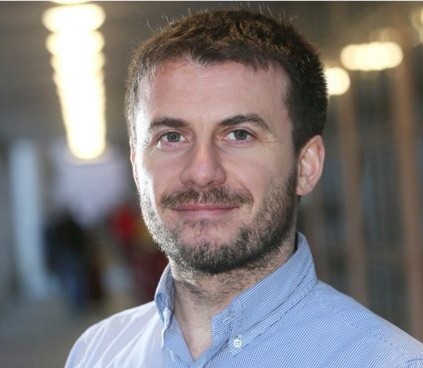
Adrian Bracken
Trinity College Dublin
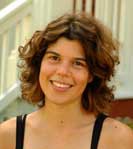
Anne Brunet
Stanford University
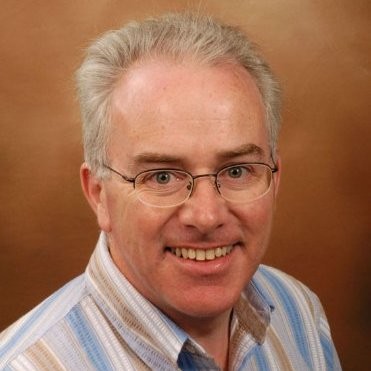
Ian Chambers
University of Edinburgh
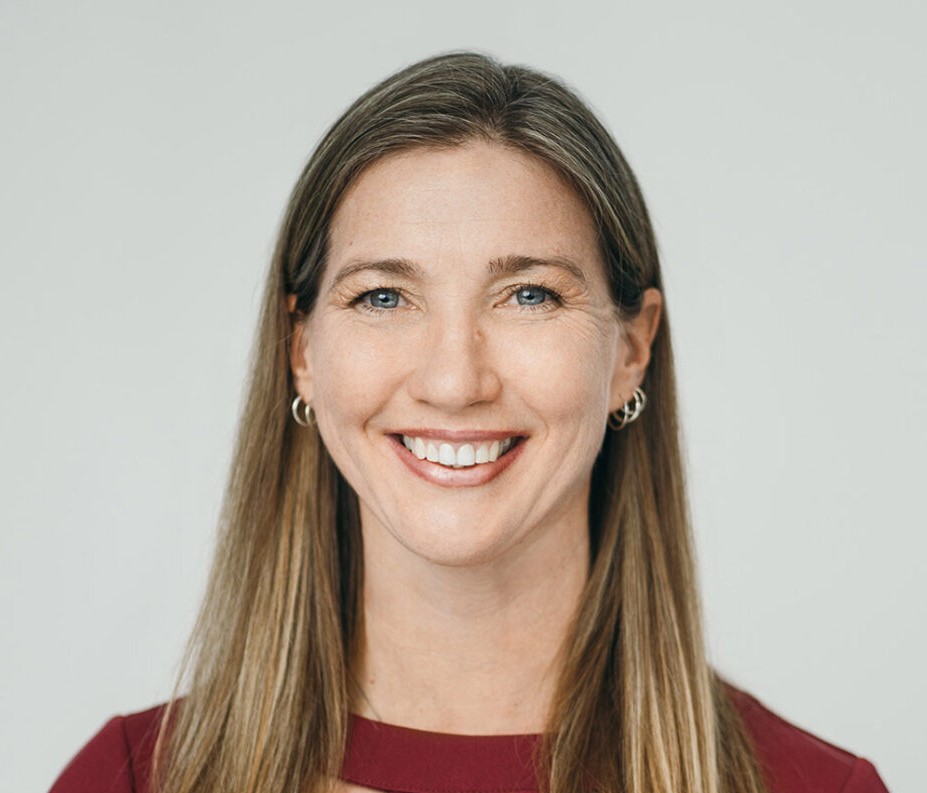
Danette Daniels
Foghorn Therapeutics
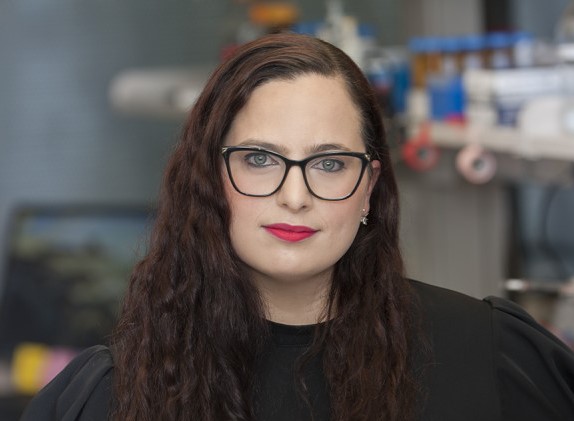
Yael David
Sloan Kettering Institute
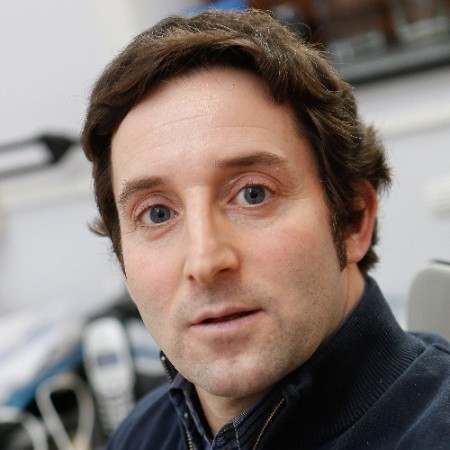
Francois Fuks
Université Libre de Bruxelles
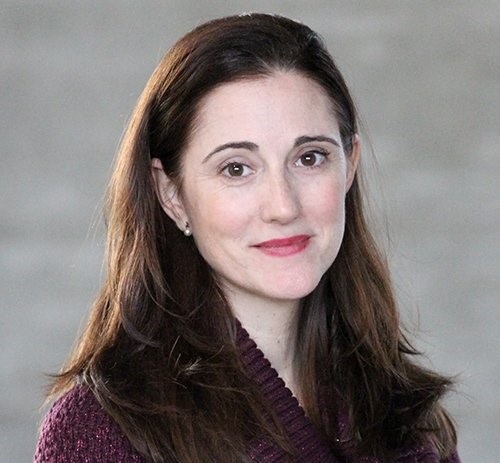
Meritxell Huch
Max Planck Institute of Molecular Cell Biology and Genetics
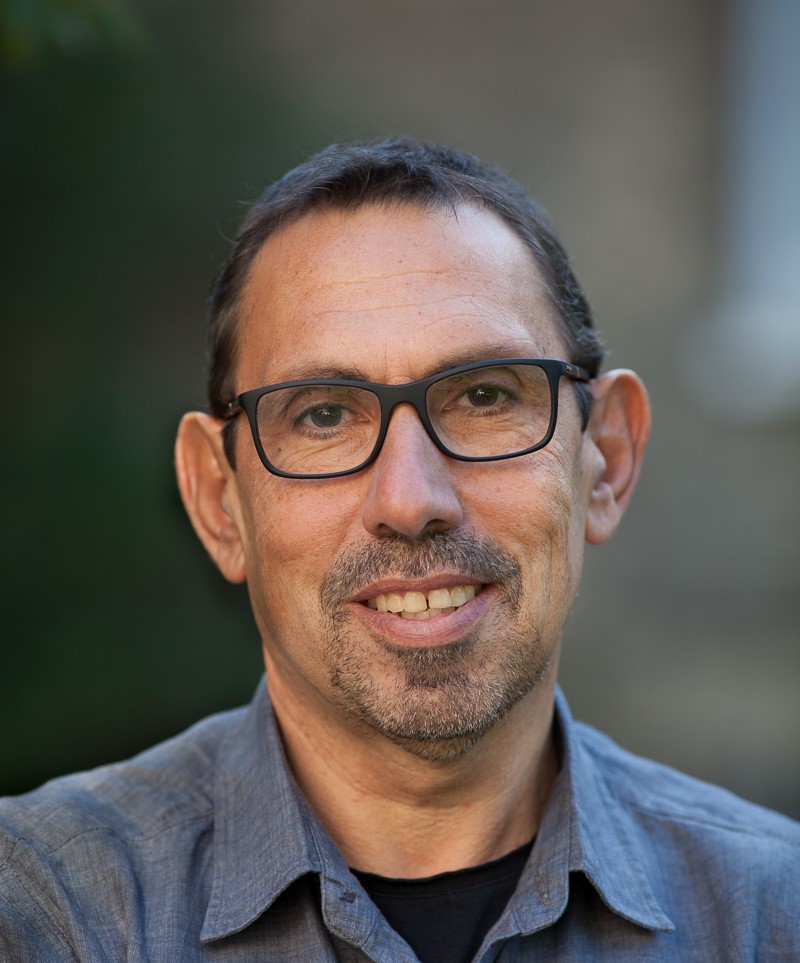
Tony Kouzarides
Gurdon Institute
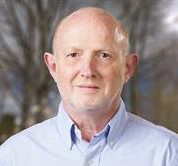
Rob Matienssen
Cold Spring Harbour Laboratory
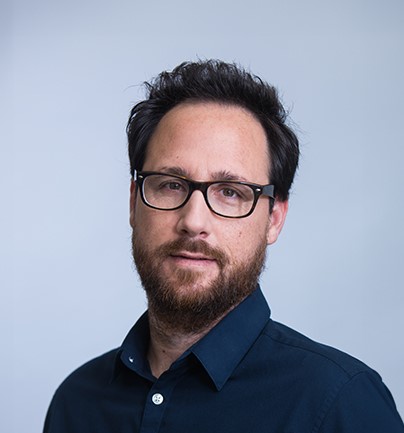
Lluis Morey
Sylvester Comprehensive Cancer Center
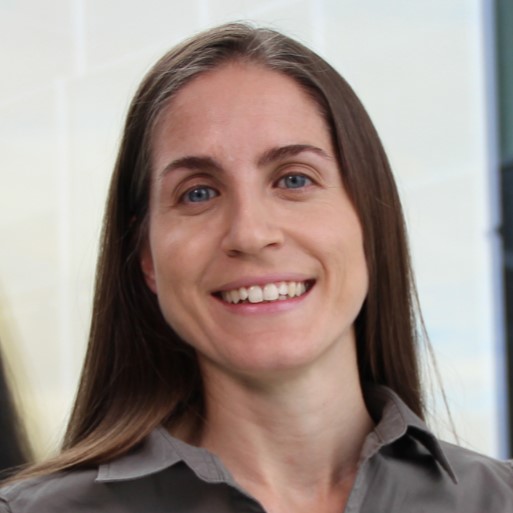
Vera Pancaldi
Inserm Cancer Research Center of Toulouse
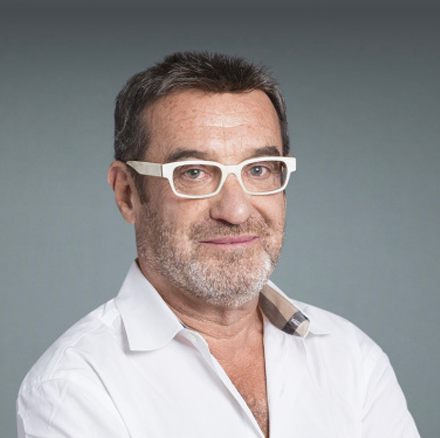
Danny Reinberg
University of Miami
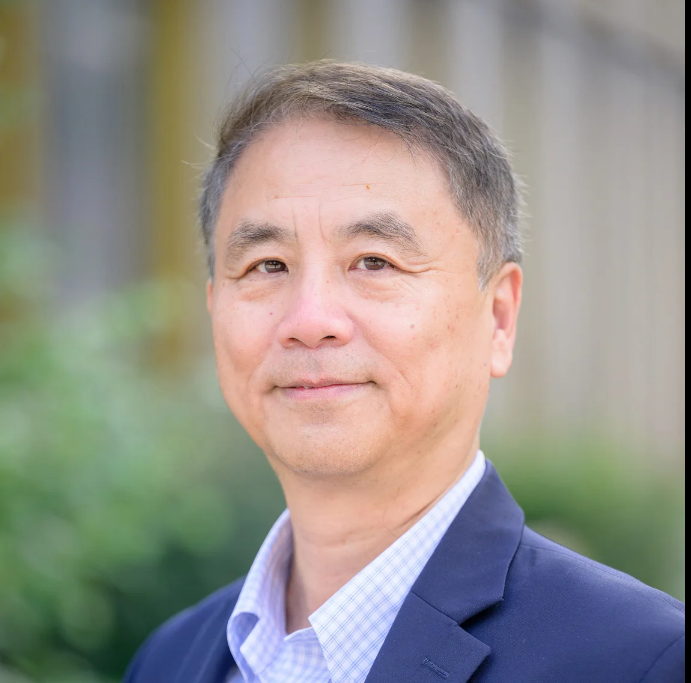
Yang Shi
Ludwig Cancer Research
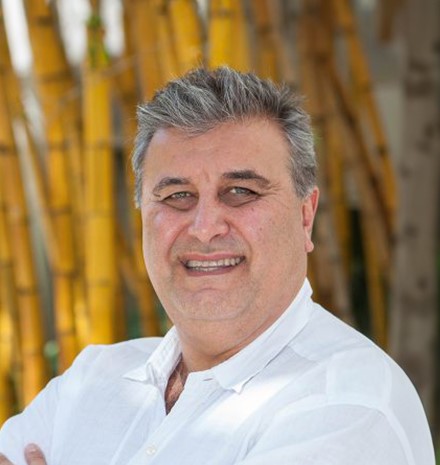
Ramin Shiekhattar
Sylvester Comprehensive Cancer Center
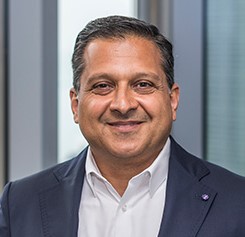
Ali Shilatifard
Northwestern University
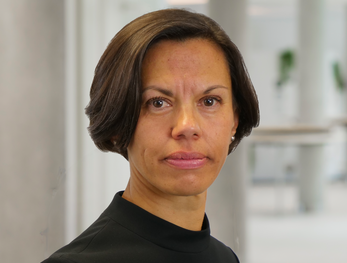
Maria-Elena Torres-Padilla
Helmholtz Zentrum München
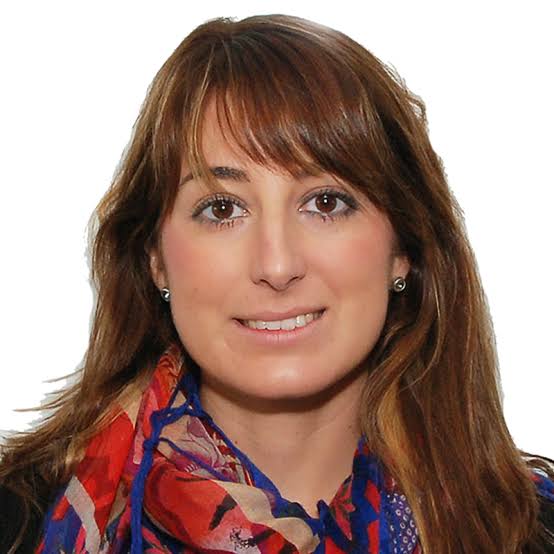
Roser Vento-Tormo
Wellcome Sanger Institute
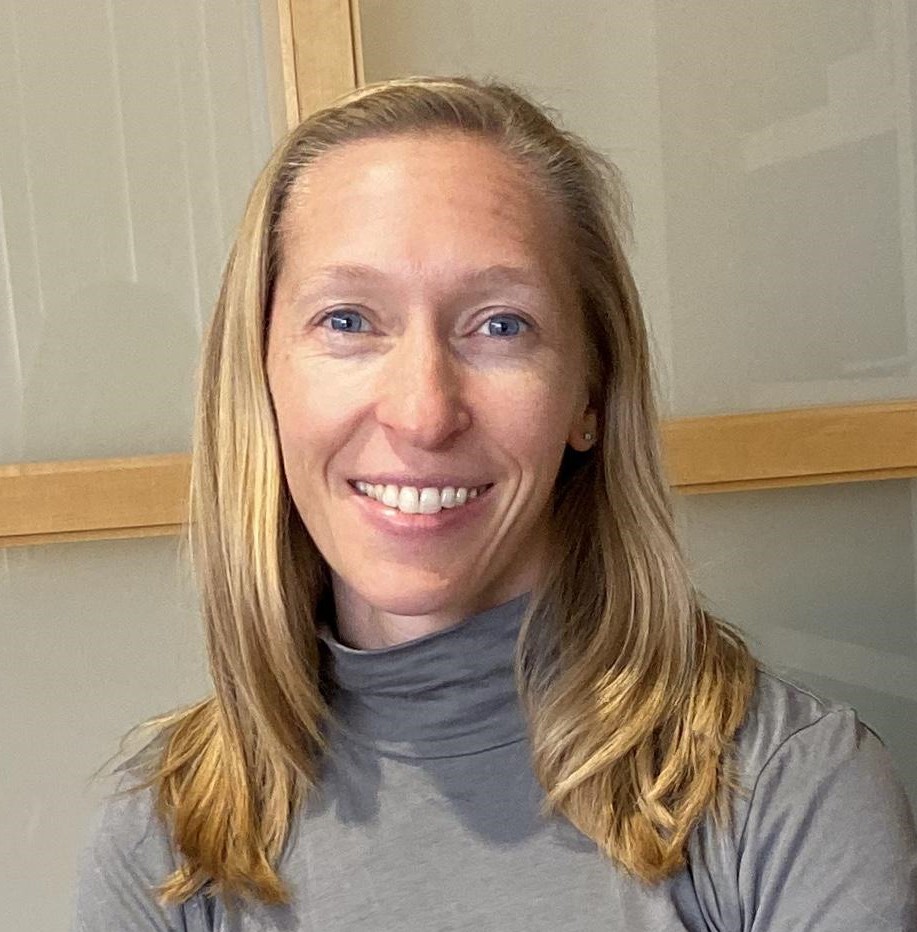
Ashley Webb
Buck Institute
Programme
Supported by
Venue & Location
Hilton Malta
We are excited to be visiting this beautiful Mediterranean destination in autumn 2024 – the Hilton Malta in St Julian’s, Malta. The oceanfront resort overlooks the stunning Portomaso Marina in St. Julian’s.
This beautiful hotel is located only 15 minutes from the ancient capital city of Valletta, a UNESCO World Heritage Site. Megaliths, medieval dungeons and Calypso’s Cave – The Maltese Islands are positively mythic. As the countryside is dotted with medieval towers, wayside chapels and the oldest known human structures in the world, the Islands have rightly been described as an open-air museum.
This is not an all-inclusive property, but we have arranged a full food and beverage package for delegates during the conference period which is included within the registration fee. Breakfast will be at leisure each morning, but participants will dine together for conference lunches and dinners. For anyone staying any extra nights, the rate will be bed and breakfast only so delegates can choose whether to dine at the hotel or explore and eat elsewhere.
Hotel facilities include;
• Complimentary Wi-Fi in guest rooms and throughout hotel and conference areas
• 4 Seasonal Outdoor Pools
• Spa with Indoor Swimming Pool
• Fitness Center and Tennis Court
• 3 Restaurants
• 2 Bars
General Information
Venue Rating
★ ★ ★ ★ ★
Currency
Euro (EUR)
Address
Vjal Portomaso St Julian's PTM, 01, Malta
Nearest Airport
Malta International Airport
Location
The Hilton Malta overlooks the stunning Portomaso Marina in St. Julian’s. This beautiful hotel is located only 15 minutes from the ancient capital city of Valletta, a UNESCO World Heritage Site.
Gallery
If you are interested in this meeting but not yet ready to register, you can sign up for updates here and our team will keep you updated regarding deadline reminders and grant opportunities relating to this meeting only.
If you're interested in sponsoring this conference please contact us.
Conference Manager
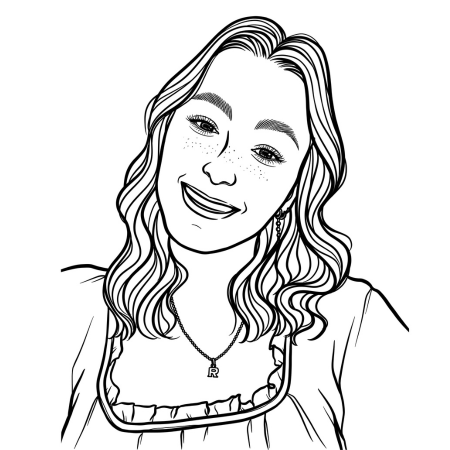
Rosie Johnson
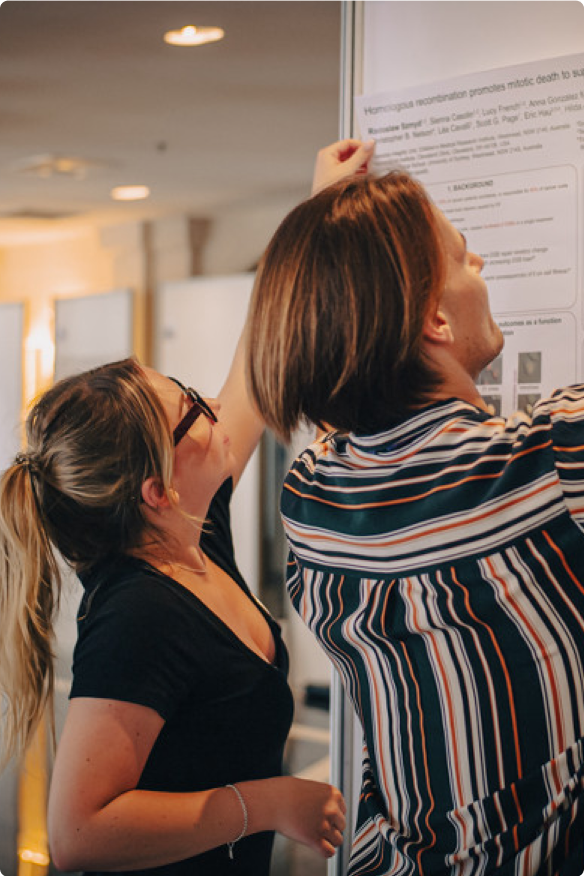
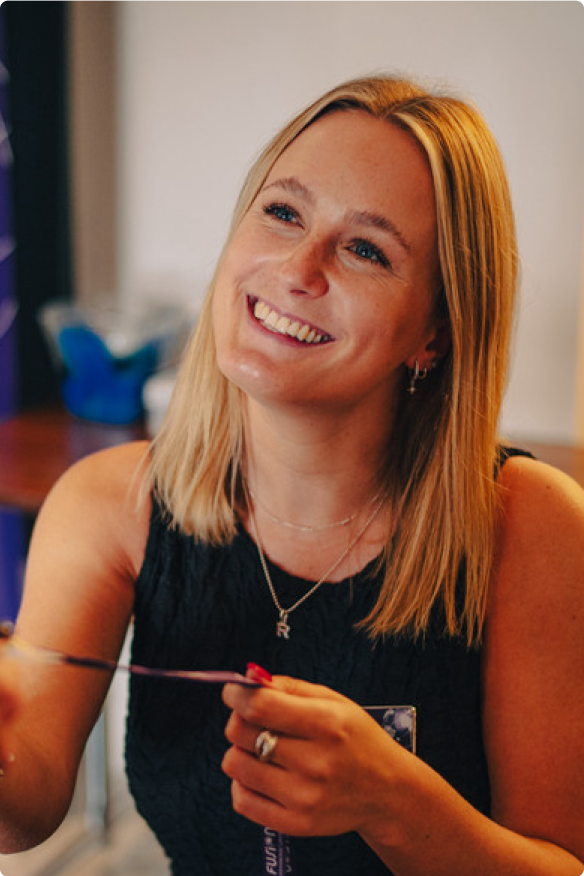
Need some help? Chat to the Fusion team today
As a family run business, our dedication runs deep. We’re committed to each other and, even more so, to every attendee’s experience, delivering a level of care and passion that’s truly unmatched.
